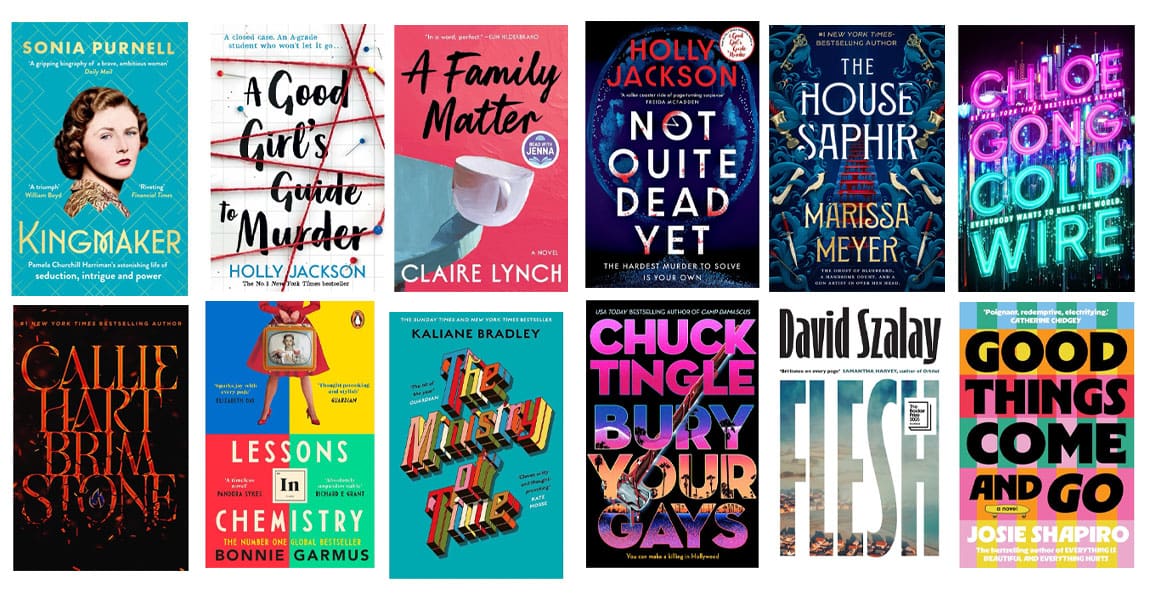Ask any author (or indeed yourself): what’s the hardest thing to write about? Extreme violence? Affairs of the heart? Particle physics? Sure, they can all be difficult, but by no means do they take the cake. The worst, most painful thing that any writer will write about, science has confirmed, is themselves.
Like yodelling on a mountaintop, when I say the words ‘author bio’ I can hear the collective author groan echo from every corner of the globe. Like eating your vegetables or doing your taxes, writing your author bio is unfortunately an inescapable part of literary life. But, as Mary Poppins pointed out, a spoonful of sugar makes the medicine go down. Permit this blog be that helping of the sweet stuff.
What makes a good author bio? Let’s begrudgingly take a look.
Writing in the third person
The words ‘About The Author’ necessitate writing your bio in the third person. While this may feel all manner of weird, it can actually make the whole process easier. By taking a less personal approach you’ll feel less of a braggart when you list all of your relevant accomplishments.
Or less of an idiot when you list your relevant embarrassments.
Writing for your reader
By its very definition your author bio is all about you, right? Well, not entirely. While you’re certainly the subject of the bio, it needs to be written in less of a ‘look at me’ way, and from more of a ‘this is what I have to offer the reader’ perspective. Your bio needs to be written with the reader firmly at the front of mind – how do they serve to benefit from the information being offered up?
Only include personal information relevant to the text that it accompanies. Sure, you may well have won the discus throw at your high school sports day, but how is that relevant to the author/reader relationship (unless your book is called The Airborne Adventures of Derek the Discus)?
‘It ain’t braggin’ if you done it’
Such were the eloquent words of baseball legend Dizzy Dean when inducted into the Hall of Fame. Your readers will want to know why they should read your stuff over another author’s, and it’s up to you to show them. Did that other author win regional discus gold at the age of 15 before penning a discus-related piece of fiction. No? Looks like you’ve got the upper hand.
Just remember to keep it relevant. If your writing has won any awards then these will forever be useful bio fodder, but other accomplishments should be inserted or extricated depending on the material.
Showing your credentials
What about your formal credentials? Your MBA, your BS or your PhD? Again, if your degree is relevant, chuck that sucker in. A masters in psychology, for example, could well be worth mentioning in a large chunk of your author bios, as the human mind permeates many subjects. But credentials that might be considered a little more specialised (e.g. horticulture, architecture or geology) may be too specific to use outside of their own spheres.
A tried and true template
So you’ve got an idea of what should be included, but how exactly do you include it all? Chill out Brussels sprout – this blog has got you covered. While an idea of structure can be garnered fairly readily from reading other authors’ bios, a general outline might look something like this:
- A punchy opening line
- An introduction into your fields of expertise
- Build credibility without overtly bragging
- Add a cute personal touch
- Bring it home with a call to action
Unless you’re one of those lucky narcissists, your author bio will likely be a drag to write. But if you go into it with a plan that pain can be minimised. Don’t wriggle and tug at the author bio tooth for a couple of days – tie it to the towbar your friend’s SUV and get them to hit the gas.
Metaphorically.





